Barguna, Oct 16 (V7N) – Coastal communities in Bangladesh have called for climate justice, debt cancellation, and reparations from industrialized nations responsible for global warming. The demand came Thursday morning during a protest rally and discussion titled “Stop the Harm! Cancel the Debt! Compensation and Just Transition Now!” held on the banks of the Baleshwar River in Padma village, Patharghata.
The program was organized by the civic environmental group Dhriti Rokkha Amra (DHORA) as part of the Global Week of Action (October 13–18, 2025) observed worldwide against what organizers described as “unjust and exploitative” policies of the International Monetary Fund (IMF) and World Bank.
Hundreds of fishers, farmers, and local residents joined the demonstration, expressing solidarity with the global movement to free the Global South from debt dependency and demand a fair and sustainable economic structure. The protesters called for immediate climate reparations, not loans, and for a just energy transition that places the rights of vulnerable communities at the center.
Speaking at the event, Senior Upazila Fisheries Officer Hasibul Haque said fishing communities face some of the worst impacts of climate change, including frequent tidal surges, floods, and trawler sinkings that cause loss of life and livelihood. “Despite enduring the worst effects, coastal people receive little to no compensation,” he said.
Coastal journalist and researcher Shafiqul Islam Khokon denounced the injustice of developed nations, saying, “They caused the climate crisis, but we are suffering. Now they try to show generosity by offering loans — but we do not want loans; we demand compensation. This is our rightful share.”
Other speakers included CCDIB Upazila Coordinator Sujan Kumar, CNR’s FisNet Project representative Nizam Uddin, volunteers Zubayer Islam and Mainul Islam Reza, and fisherman Jamal Hossain.
Speakers urged global leaders to acknowledge their historical responsibility for the climate crisis and ensure that affected coastal populations — particularly women, workers, and marginalized groups — lead a fair and sustainable transformation.
Environmental organizations like Waterkeepers Bangladesh, DHORA, and other local advocacy groups have been intensifying calls for debt cancellation, equitable climate financing, and protection of vulnerable coastal ecosystems in Bangladesh.
END/MRR/SMA/



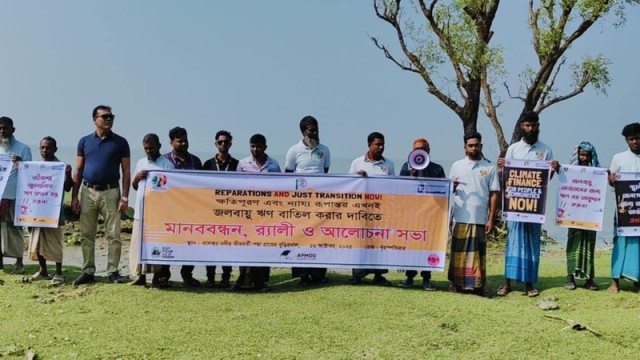
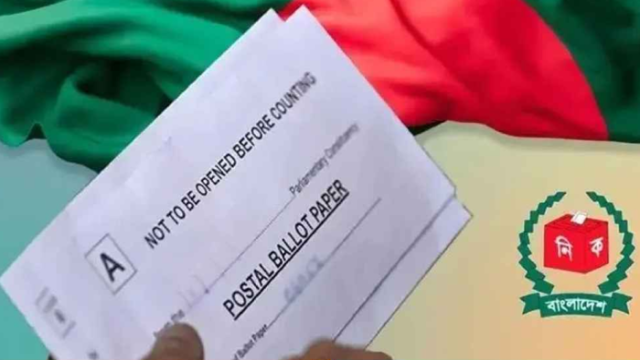

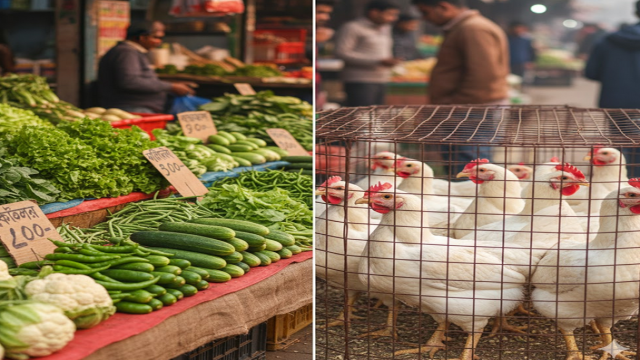
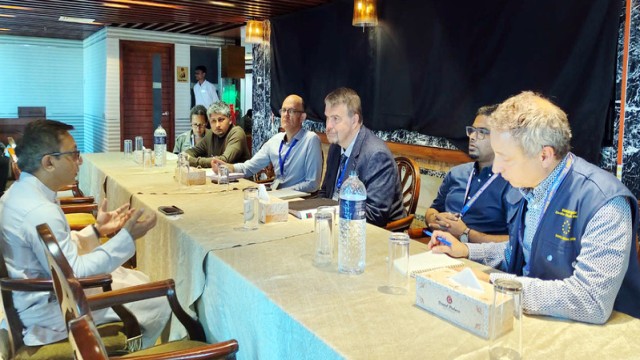
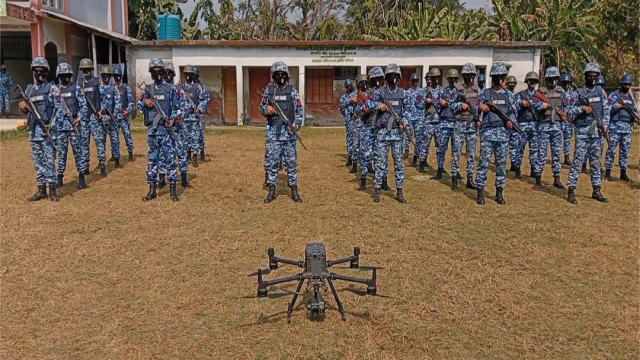
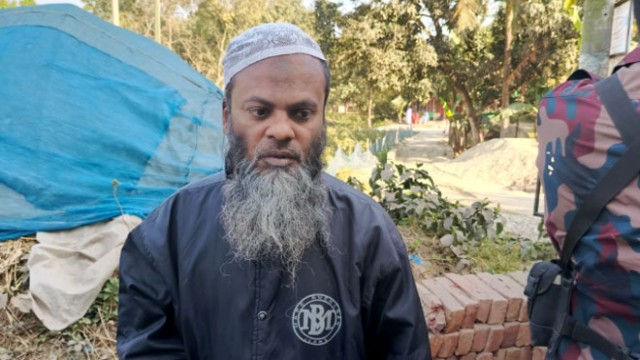
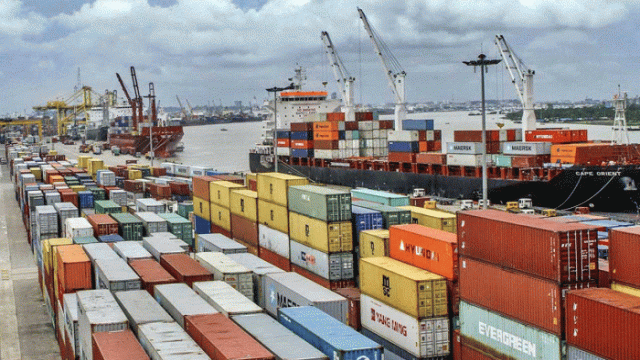
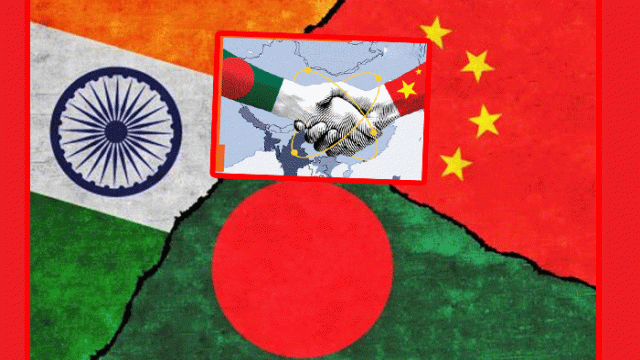
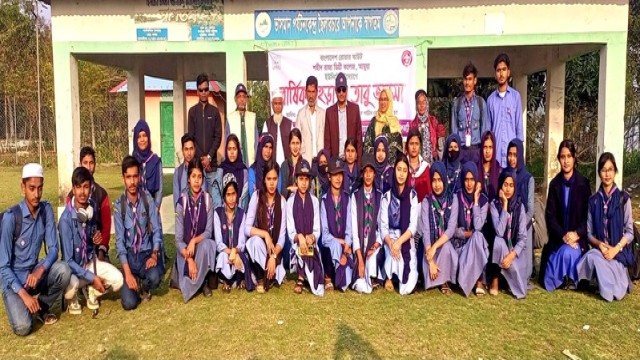
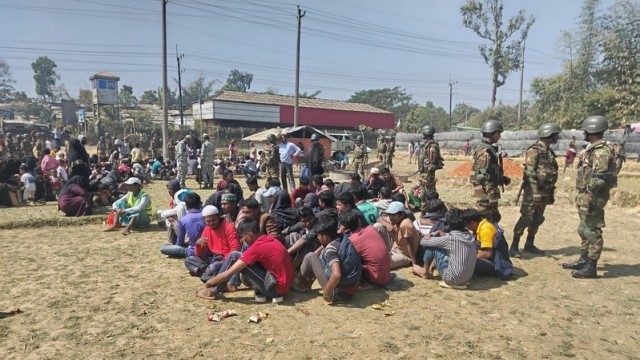
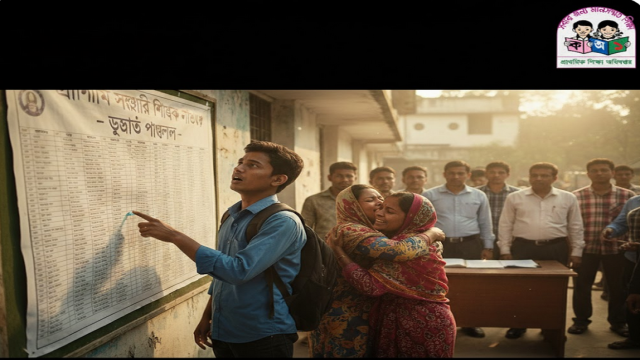

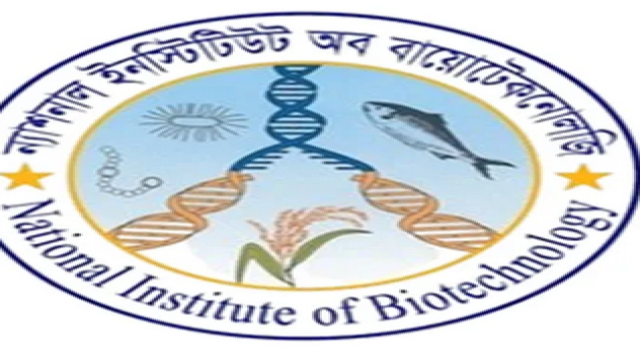






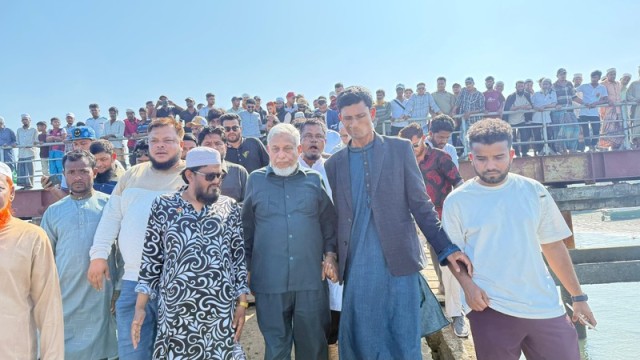
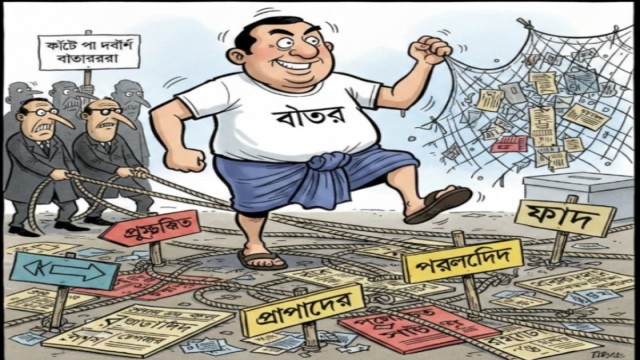
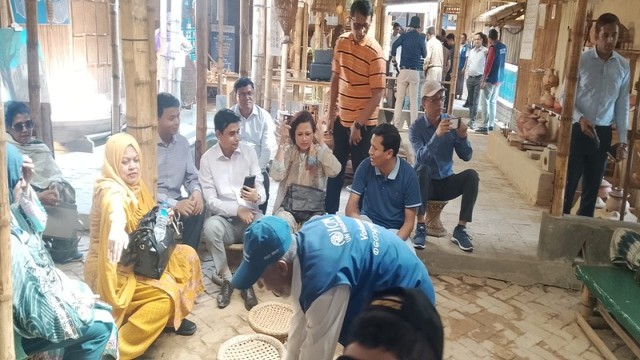

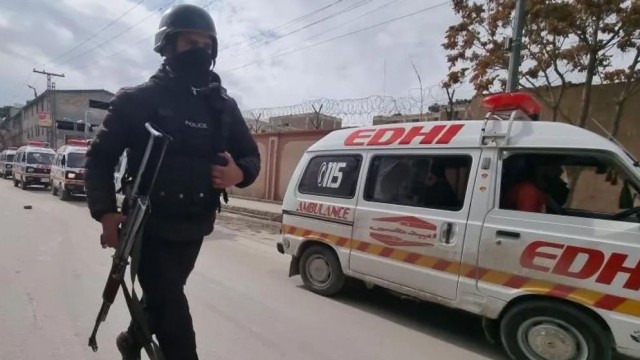
Comment: